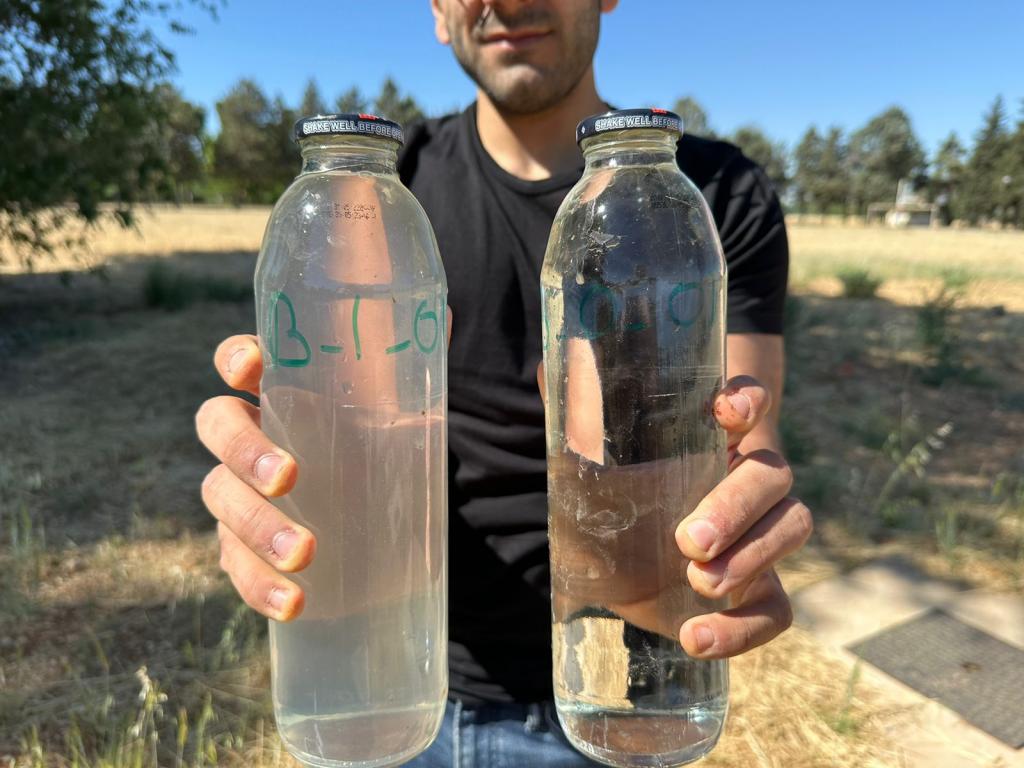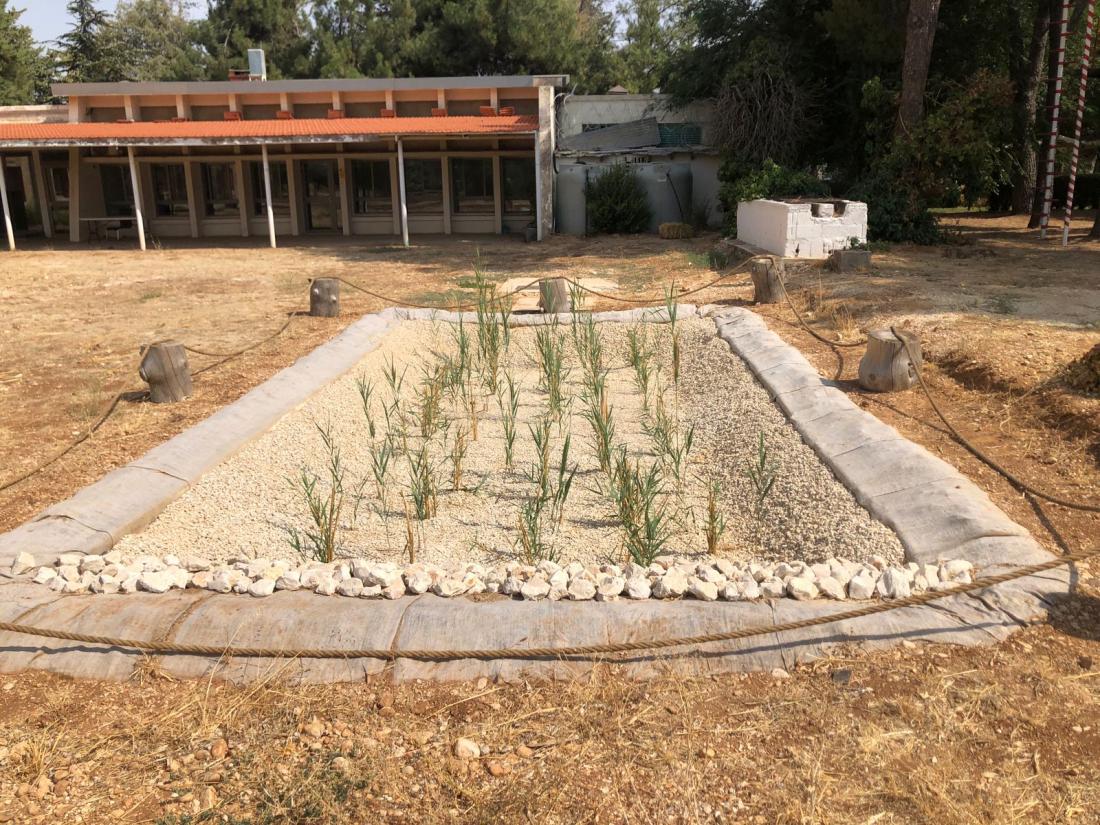In the heart of Bekaa Lebanon, a groundbreaking environmental project known as the NAWAMED – Constructed Wetlands has taken root. Developed in collaboration with the American University of Beirut (AUB), this project shows the innovative approach of using constructed wetlands for greywater treatment. With the installation complete, the Constructed Wetlands (CW) are now fully operational, efficiently treating greywater and demonstrating their capacity to provide a sustainable and eco-friendly solution for greywater treatment.
Constructed Wetlands are nature-inspired greywater treatment systems that mimic the processes of natural wetlands. By harnessing the power of wetland vegetation and microorganisms, these systems effectively purify greywater while minimizing negative environmental impacts. The two Constructed Wetlands serve as exemplary models for this approach, presenting an eco-friendly alternative to conventional treatment methods.
The primary objective of the Constructed Wetlands is to provide a cost-effective and sustainable solution for greywater treatment in Advancing Research Enabling Communities Center (AREC), addressing the pressing issue of water scarcity. The design and implementation process involved careful planning and expertise. The project includes two constructed wetlands (CW) for the treatment and reuse of greywater produced by three buildings at the AREC Campus in the Bekaa Valley. The 1st constructed wetland (CW-A) treats greywater collected from the women’s dormitory and administration building, while the second constructed wetland (CW-B) treats greywater collected from the boys’ dormitory. The 1st step of the construction process was the separation of the greywater from the blackwater in each of the three buildings. The greywater is primarily collected and treated in a degreaser, then circulated in a horizontal subsurface-flow constructed wetland (HFCW) as the secondary treatment. The HFCW is fed by a small submerged pumping station, and the treated greywater is collected in a tank to be reused for irrigation of the nearby planted area.
Looking ahead, the Constructed Wetlands project envisions expansion and continuous monitoring of the wetland system’s performance. The data collected from the project will contribute to ongoing research on sustainable water management strategies. Collaboration with other organizations and communities is also being explored, with the goal of establishing similar wetland projects in other regions of Lebanon.

In conclusion, as AREC faces the challenges of water scarcity, the Constructed Wetlands offer a glimmer of hope. Through their innovative use in greywater treatment, this project showcases the power of nature-inspired solutions. By prioritizing sustainability and community engagement, the Constructed Wetlands serve as a model for future environmental initiatives in Lebanon and beyond.

